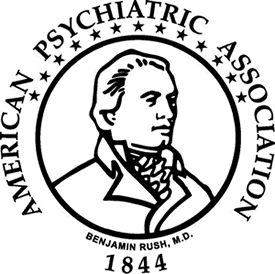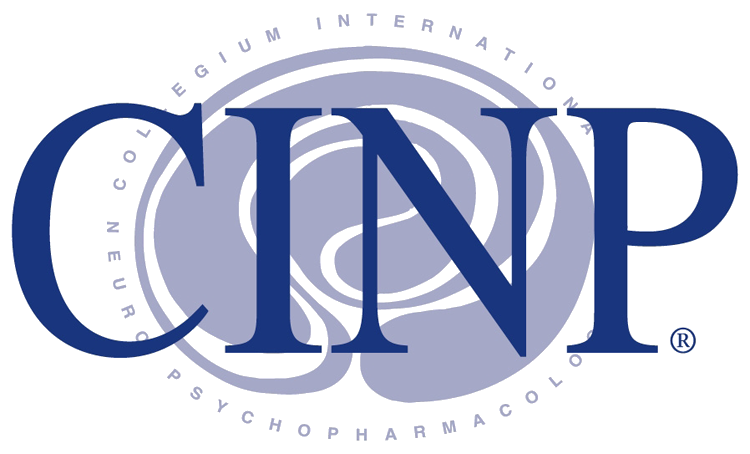What is a Panic Attack and How You Can Avoid It?
From time to time, we all experience a wave of emotions that can leave us feeling anxious or fearful about something. These range of emotions are completely normal unless they grow to such an extent that they start to interfere with our everyday life. At this state, they become a cause for serious concern. Panic attack is a form of such intensified emotions which can make a person’s day-to-day life miserable. In simple words, a panic attack is an unexpected phase of heightened anxiety, fear, and mental agitation.
Even though the attack itself lasts for about ten to twenty minutes, it can leave a lasting impact on a person’s emotional and mental state. Many individuals who suffer from panic attacks are unable to devote full attention to their daily routines including their work and social life. The biggest cause of worry for them is the constant lingering fear of experiencing another sudden episode of panic attack. To make matters worse, it becomes extremely difficult for them to enjoy themselves in social gatherings and other public settings because the fact that panic attacks can occur anytime and anywhere is continuously haunting them.
Additionally, a large number of victims are also afraid of being in places or situations in which they feel they are more vulnerable to such attacks. Thus, they either completely avoid being there or are very nervous if they do visit these places or are put in these situations. It becomes a persistent mental tug of war.
The victims of panic attacks are often left feeling helpless and even afraid that they may die during the attack because the body is not only mentally, but also physically distressed. Some common signs which accompany panic attacks are:
– Having a rapid heartbeat
– Sweating profusely
– Feeling that one may faint
– Difficulty breathing or having short breaths
– Experiencing headache
– Shivering body
Now, that we have focused on the symptoms of panic attacks, let’s take a look at some ways on how to prevent them:
– Learning to be calm: Stress can play a major role in escalating a panic attack. Learning some simple breathing techniques and stress relief mechanisms can significantly help you in situations where you feel a panic attack may occur.
– Healthy lifestyle: It goes without saying, being active and keeping your body physically and mentally fit has numerous advantages. Doctors have found that avoiding alcohol, caffeine, and engaging in regular exercise are all great ways to minimize the chances of panic attacks.
– Getting professional help: Mental health counseling is highly recommended for individuals who have suffered from more than one episode of panic attacks. It is not wise to assume that your panic attacks will go away on their own. Professional therapists can provide ways and treatment plans which can help you overcome future attacks.
Lastly, if you are someone who has been though a panic attack, remember that you are not alone. As devastating as it might be, it is, in the end, something that can be overcome.
If you are experiencing any of these symptoms, please call our office to schedule a consultation at 212-249-1600.
















